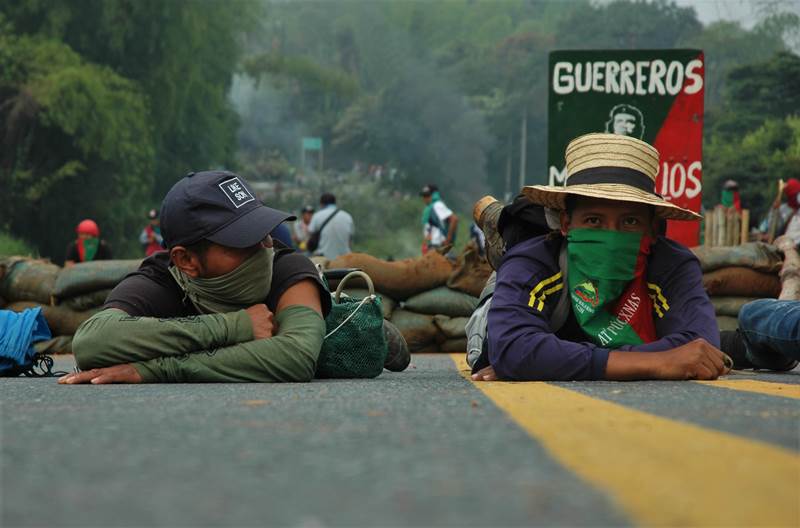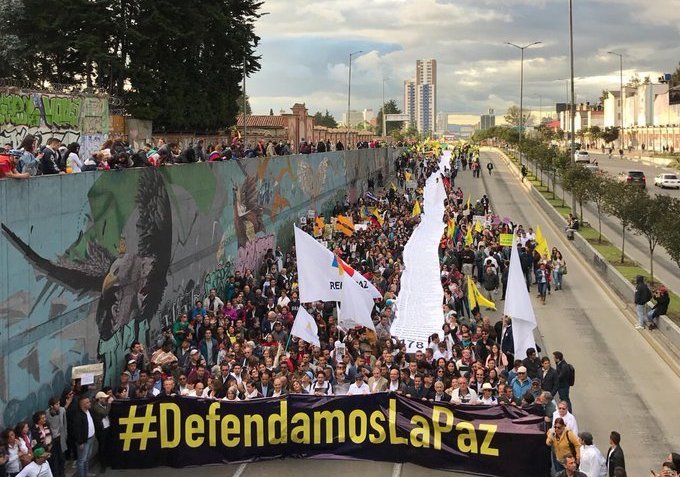US ‘committed’ to ‘dismantle’ Colombia’s ELN
The United States government is “committed” to “dismantle” Colombia’s remaining significant guerrilla group, the National Liberation Army (ELN), federal prosecutor Zachary Terwilliger said. The US attorney for the Eastern District of Virgina made the comment after he and six other federal prosecutors met with President Ivan Duque on a visit to Bogotá to discuss cooperation “to fight narco-terrorism.” Terwilliger said the Colombian government “counts on the full support of the United States Department of Justice in the common cause to destabilize, decimate and ultimately dismantle the ELN.” The guerilla group has been active since 1964 and is currently believed to have 4,000 fighters. The ELN was engaged in peace talks with Duque’s predecessor, Juan Manuel Santos, but the talks were suspended by Duque when he took office a year ago. (Photo: Colombia Reports)




